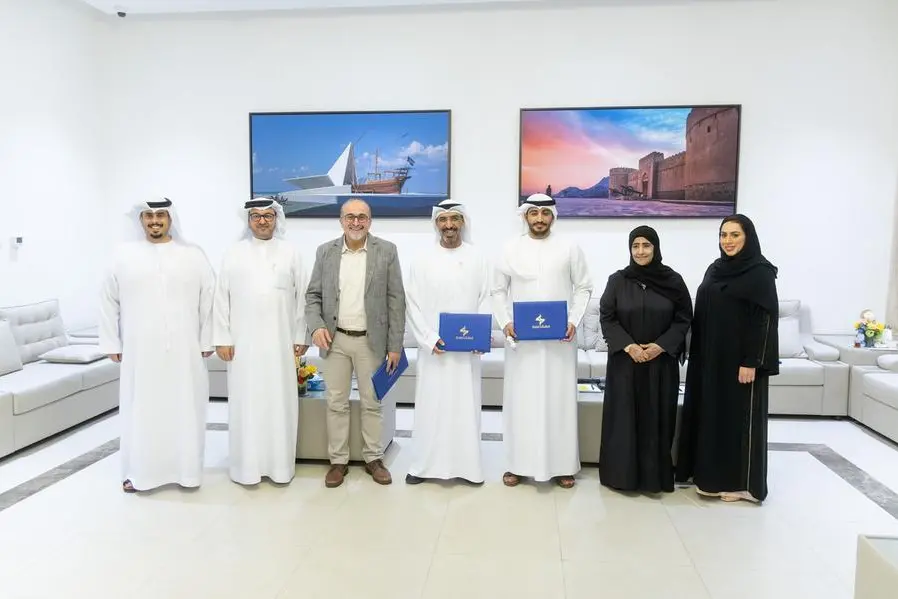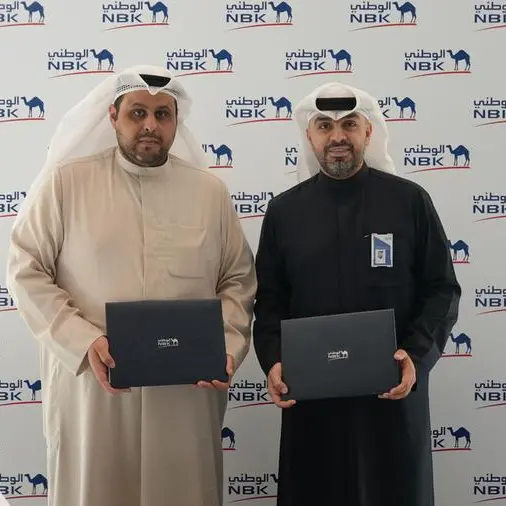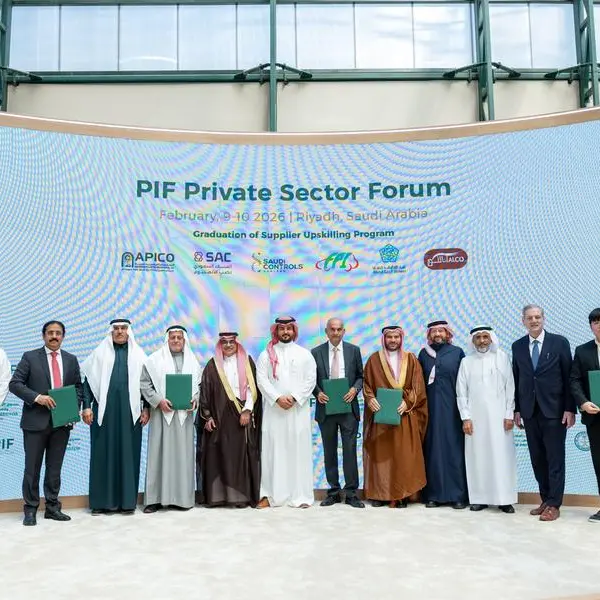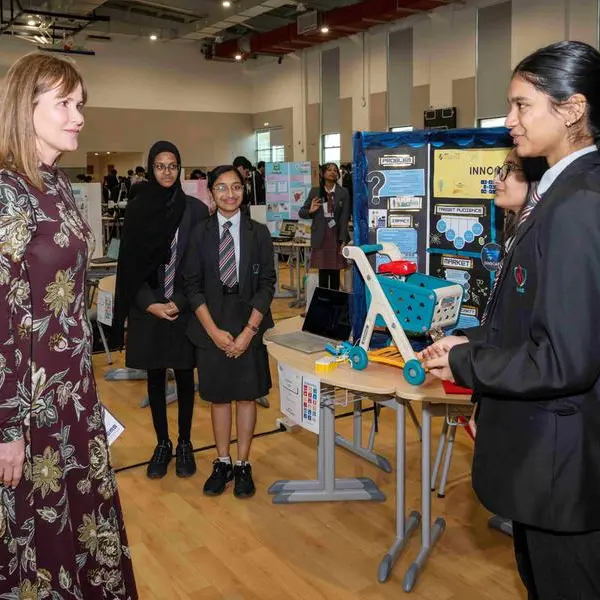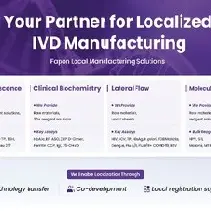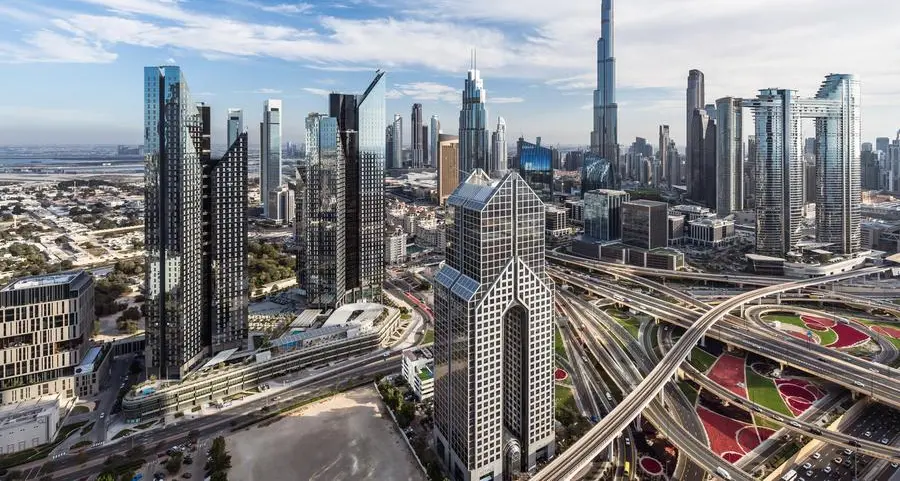PHOTO
The "Happiness and Quality of Life Council" of the Ajman Chamber of Commerce and Industry (ACCI) organized a Ramadan Majlis entitled "Our Happiness is Sustainable" as part of the Ajman Ramadan activities, with a view to exchanging experiences and best practices in happiness initiatives implemented in government agencies and their impact on increasing productivity and quality of services. The Majlis also highlighted the impact of happiness on the quality of life of individuals, families, and society.
Dr. Amna Khalifa Al Ali, Member of the Board of the Ajman and Chairwoman of the Chamber's Happiness and Quality of Life Council, moderated the Ramadan Majlis. The Majlis was attended by Iman Al Shamsi, Acting Executive Director of the Support Services Sector, and the Happiness and Quality of Life Council team at the Ajman Chamber, as well as a number of representatives of government agencies and members of the community. The event took place at the Al Majlis Al Amir in Ajman.
At the beginning of the Majlis, Dr. Amna Khalifa welcomed the attendees and commended the efforts of the UAE government in achieving advanced levels of happiness and positivity among citizens and residents and in launching initiatives and events to ensure the improvement of happiness indicators so that the UAE tops the list of Arab countries in the annual World Happiness Report.
Dr. Khalifa stated that the government agencies have emphasized their prominent role in realizing the UAE vision of promoting happiness and quality of life among employees through establishing happiness committees and teams and launching events and initiatives targeting the happiness of both employees and customers. She further highlighted the significance of the Ramadan Majlis "Our Happiness is Sustainable" as a platform to showcase best practices supporting the promotion of happiness and positivity.
Dr. Mahmoud Rawajba discussed the theme of "Quality of Life as a Path to Happiness," stressing the importance of individuals understanding the meaning of happiness and actively pursuing it through self-development and prioritizing physical, mental, and behavioral health. Dr. Rawajba also emphasized the need for individuals to continuously measure their happiness levels.
He further explored the impact of digital life on individual and societal happiness, how to achieve a positive balance to leverage the benefits of digital development, and the importance for individuals to establish a personal charter and standards for digital use that foster happiness and avoid negative consequences.
The second theme of the Ramadan Majlis included a detailed explanation of the best practices and happiness initiatives implemented by government agencies. Fatima Ali Al Shehhi, Senior Customer Happiness and Complaints Service Officer at Sheikh Khalifa Hospital in Ajman, presented the Hospital's leading happiness initiatives, while Saif Mohammed Alkaabi presented the efforts of the Ajman Transport Authority's Happiness Team. Rashid Humaid Al Shamsi of the Department of Digital Ajman's Happiness Department then detailed their year-round most prominent happiness initiatives and activities implemented in the Department.
The Ramadan Majlis recommended establishing a network connecting happiness teams and committees across government agencies in the Emirate to exchange best practices and expertise, exploring opportunities for holding joint events between government agencies targeting employees, customers, and community members, providing an annual agenda for happiness events at the Emirate level, and organizing brainstorming workshops on a regular basis to develop and launch new initiatives.
At the end of the Ramadan Majlis, Dr. Amna Khalifa honored the speakers and thanked all attendees.
